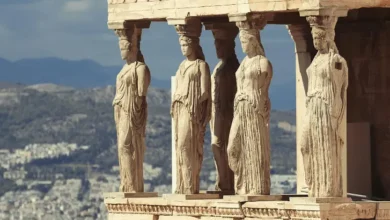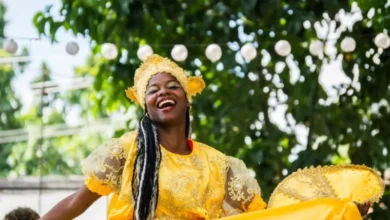Mexican Culture: Food and Festivities
Mexican culture, with its vibrant colors, rich history, and deep-rooted traditions, has extended its influence far beyond its borders. This article explores how Mexican culture has profoundly shaped global cuisine and celebrations, leaving an indelible mark on the world stage. From the explosion of flavors in our kitchens to the joyous rhythms of our festivities, the impact of Mexican culture is undeniable.
A Culinary Journey: Mexican Food’s Global Embrace
Mexican cuisine is not just about tacos and burritos; it’s a complex tapestry of flavors, ingredients, and techniques honed over centuries. Its influence is evident in kitchens and restaurants worldwide.
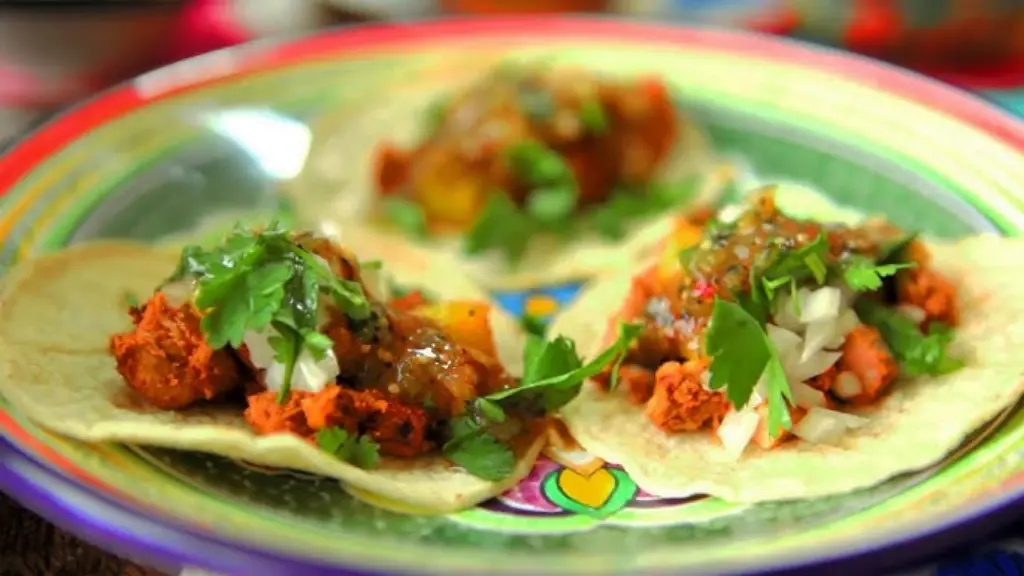
The Rise of Mexican Staples
Perhaps the most obvious impact is the global popularization of Mexican staples. Tortillas, made from corn or wheat, have become a foundation for countless dishes worldwide, from simple wraps to elaborate enchiladas.
Chili peppers, in all their variety, have added a fiery dimension to cooking in different cultures. Even the humble avocado, once considered exotic, is now a beloved ingredient in dishes across the globe. These ingredients, once primarily associated with Mexico, are now integral to the global culinary landscape.
See also The Rich Legacy of Indian Culture and Its Global Influence
The Rich Legacy of Indian Culture and Its Global InfluenceBeyond Tacos: Regional Culinary Diversity
It’s crucial to remember that Mexican cuisine is not monolithic. The regional diversity is astounding. Dishes from Oaxaca, known for its complex mole sauces, differ greatly from the seafood-heavy cuisine of the coasts, or the hearty stews of central Mexico.
This diversity is now being explored globally, with restaurants focusing on specific regional cuisines. This has introduced a deeper understanding and appreciation for the rich culinary heritage of Mexico, moving beyond the stereotypical “Tex-Mex“.
The Art of Sauces: Mole and Beyond
Mexican sauces are far more than mere condiments; they are carefully crafted flavor bombs. Mole, a complex sauce made with chili peppers, nuts, seeds, and chocolate, exemplifies the intricacy of Mexican cuisine.
Many other salsas and sauces, with their distinct flavor profiles ranging from smoky to tangy, have inspired chefs and home cooks around the world. These sauces add depth and complexity that transforms even the simplest of dishes. This has elevated the artistry of sauces worldwide, encouraging cooks to experiment with various ingredients and flavors.
See also The Rising Popularity of Thai Culture in Food Wellness and More
The Rising Popularity of Thai Culture in Food Wellness and MoreStreet Food Sensations
Mexican street food, from sizzling tacos al pastor to comforting elote (grilled corn), has become a worldwide phenomenon. These readily available and affordable dishes have not only captured the hearts of many but have also inspired countless street food vendors globally, who have adapted Mexican street food staples into local cuisine with various cultural touches. Street food has become a significant part of the culinary world as a whole.
Celebrating Life: Mexican Festivities on the Global Stage
Beyond food, Mexican celebrations, rich in tradition and symbolism, have also significantly influenced festivities around the world. The vibrant spirit and profound meaning of these celebrations have captivated people of different cultures.
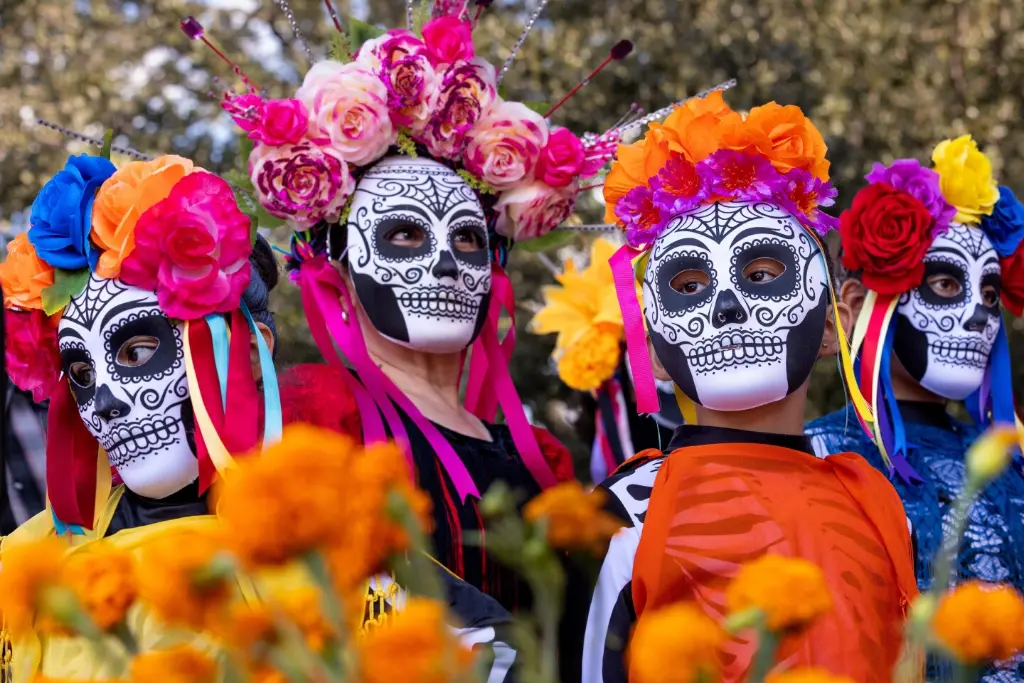
Día de los Muertos: A Colorful Remembrance
Perhaps the most internationally recognized Mexican celebration is Día de los Muertos (Day of the Dead). This deeply spiritual holiday, which honors deceased loved ones, is celebrated with vibrant altars (ofrendas), sugar skulls (calaveras), and marigolds. While traditionally a Mexican celebration, Día de los Muertos has gained global recognition and is now celebrated in various communities worldwide.
The unique fusion of sorrow and celebration, the emphasis on family and remembrance, and the artistic expression inherent to the holiday have made it a powerful cultural force. It’s an example of how cultural traditions can transcend boundaries and resonate with diverse audiences.
Cinco de Mayo: Beyond the Myths
Cinco de Mayo, often misunderstood as Mexico’s Independence Day (which is actually September 16th), commemorates the Mexican army’s victory at the Battle of Puebla. While a relatively minor holiday within Mexico, Cinco de Mayo has become a major celebration in the United States and increasingly in other countries as well, often associated with Mexican-American culture.
It provides an opportunity to enjoy Mexican food, music, and dance. While commercialized in many areas, Cinco de Mayo still serves to raise awareness of Mexican culture and tradition, fostering a sense of cultural pride among those of Mexican descent.
Other Celebrations and Their Influence
Beyond Día de los Muertos and Cinco de Mayo, other Mexican festivities, such as Las Posadas (a series of processions leading up to Christmas) and various regional festivals, have contributed to the diversity of global celebrations. The colorful costumes, lively music, and joyful atmosphere associated with Mexican celebrations have enriched the global tapestry of cultural events. These celebrations provide unique experiences and offer insights into the values and traditions of Mexican culture.
The Cultural Exchange: A Two-Way Street
The influence of Mexican culture is not a one-way street. It’s a dynamic exchange where Mexican culture has been both a giver and a receiver. As Mexican traditions become global, they are often interpreted and adapted by other cultures, resulting in new forms of cultural expression.
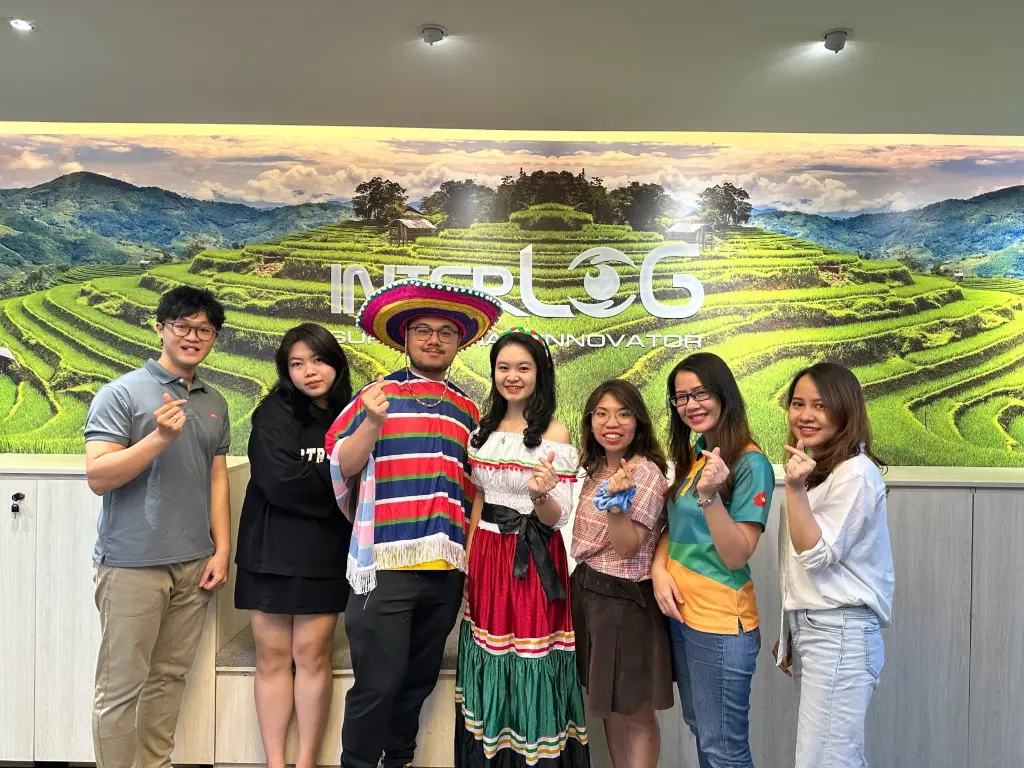
Fusion and Adaptation
As Mexican cuisine gains popularity, it’s inevitable that it undergoes adaptation to local palates and ingredients. This leads to the emergence of “fusion” cuisine, which blends Mexican culinary traditions with other culinary styles. This constant innovation has made Mexican food even more exciting. This fusion is a constant reminder of the ever-evolving nature of cultural exchange.
The Power of Cultural Representation
The growing global interest in Mexican culture has had a positive impact on cultural representation. It has resulted in a broader and more nuanced understanding of Mexican history and traditions. This increased representation fosters inclusivity and promotes a sense of global citizenship. It shows how powerful the global exchange of culture is and what positive impacts it can have on the world.
Challenges and Cultural Appropriation
It is crucial to acknowledge the complexities surrounding cultural appropriation. While celebrating and appreciating Mexican culture is valuable, it’s essential to do so in a way that respects the original context and meaning. Authenticity and accurate understanding are important. Engaging respectfully with cultural traditions ensures that the beauty and depth of Mexican culture is preserved for generations to come.
The Ongoing Legacy
The influence of Mexican culture on global cuisine and celebrations is a testament to its vibrancy, depth, and resilience. From the explosion of flavors on our plates to the joyous spirit of our festivities, Mexican culture continues to enrich and inspire people around the world.
This ongoing cultural exchange highlights the importance of understanding, respecting, and celebrating diverse traditions, which contributes to a more colorful, nuanced, and interconnected world.
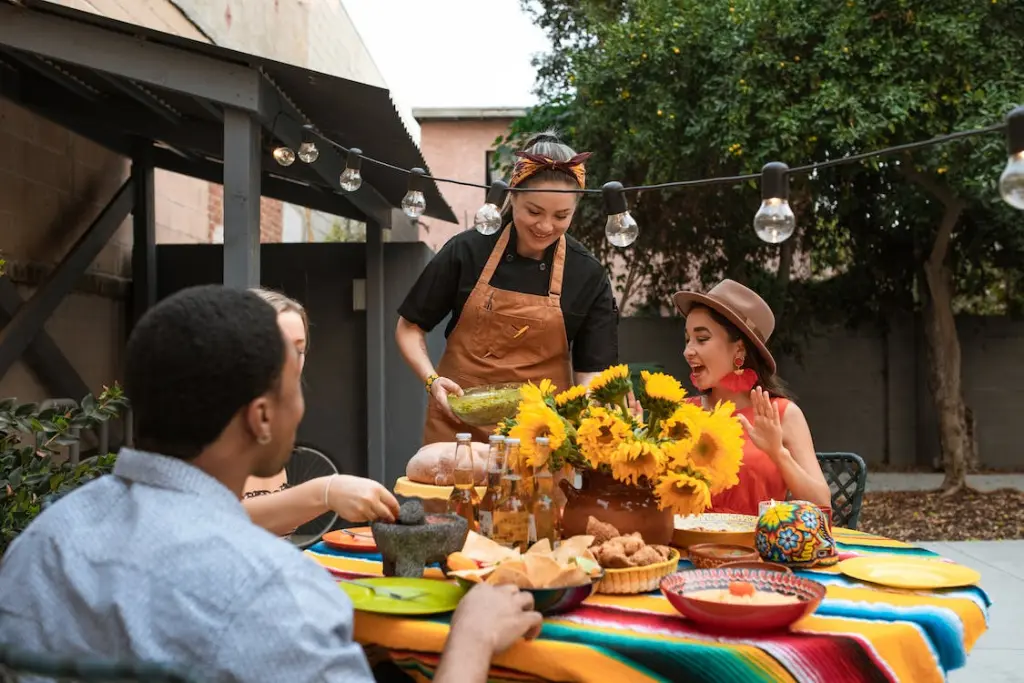
The Future of Mexican Cultural Influence
As we move forward, the impact of Mexican culture will continue to grow and evolve. With an increasing global focus on diversity and cross-cultural understanding, Mexican food and festivals will only become more visible and appreciated. This constant cultural exchange will enrich our world and bring people closer together.
A Call to Celebrate
Let’s continue to explore and celebrate the beauty and depth of Mexican culture, embracing its richness and complexity. Every dish we savor, and every festivity we partake in, allows us to connect with a culture that has shaped the world in meaningful ways. Let’s be mindful of the origins and traditions behind each cultural phenomenon. Let’s enjoy, appreciate, and celebrate it all.

